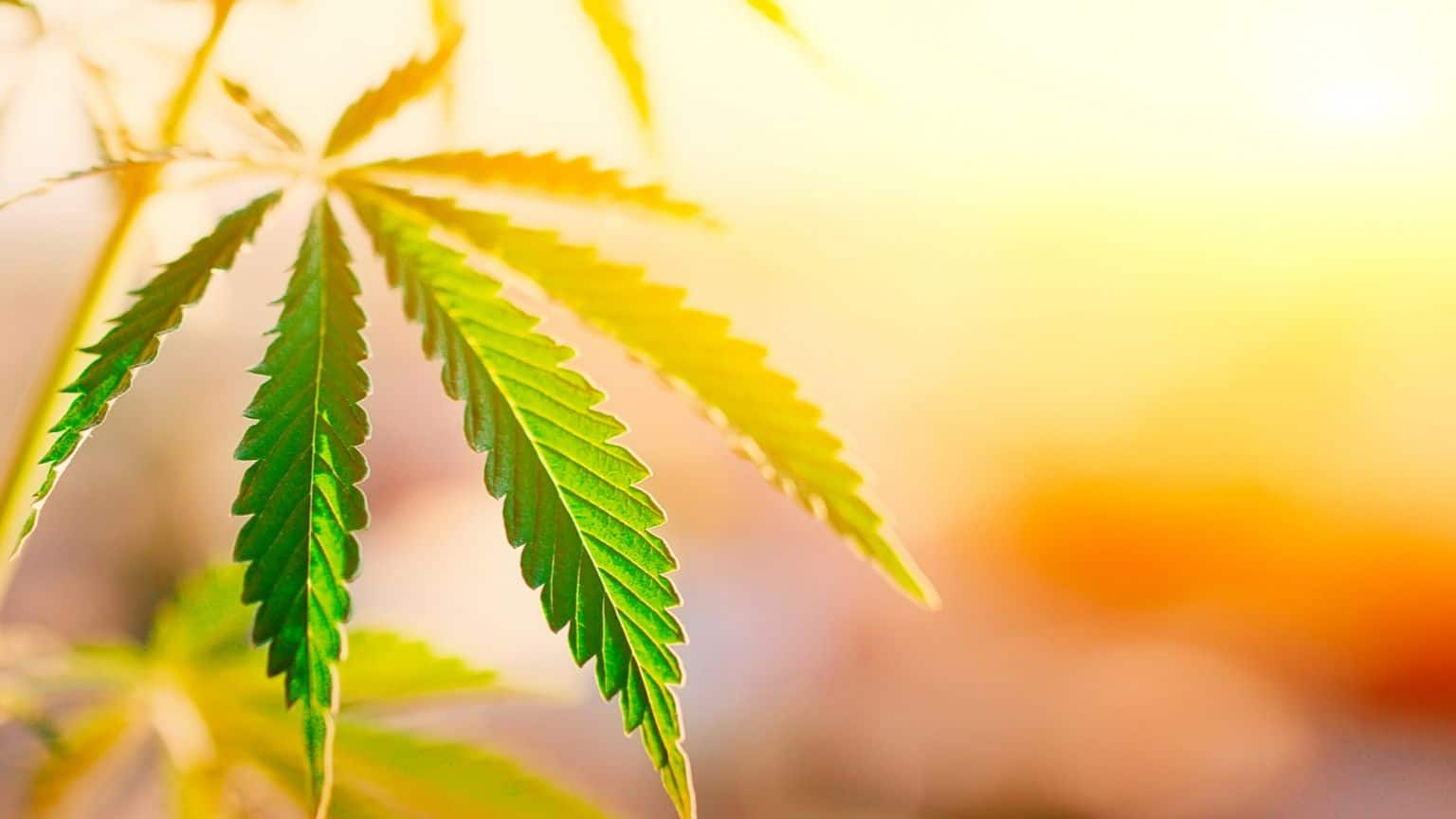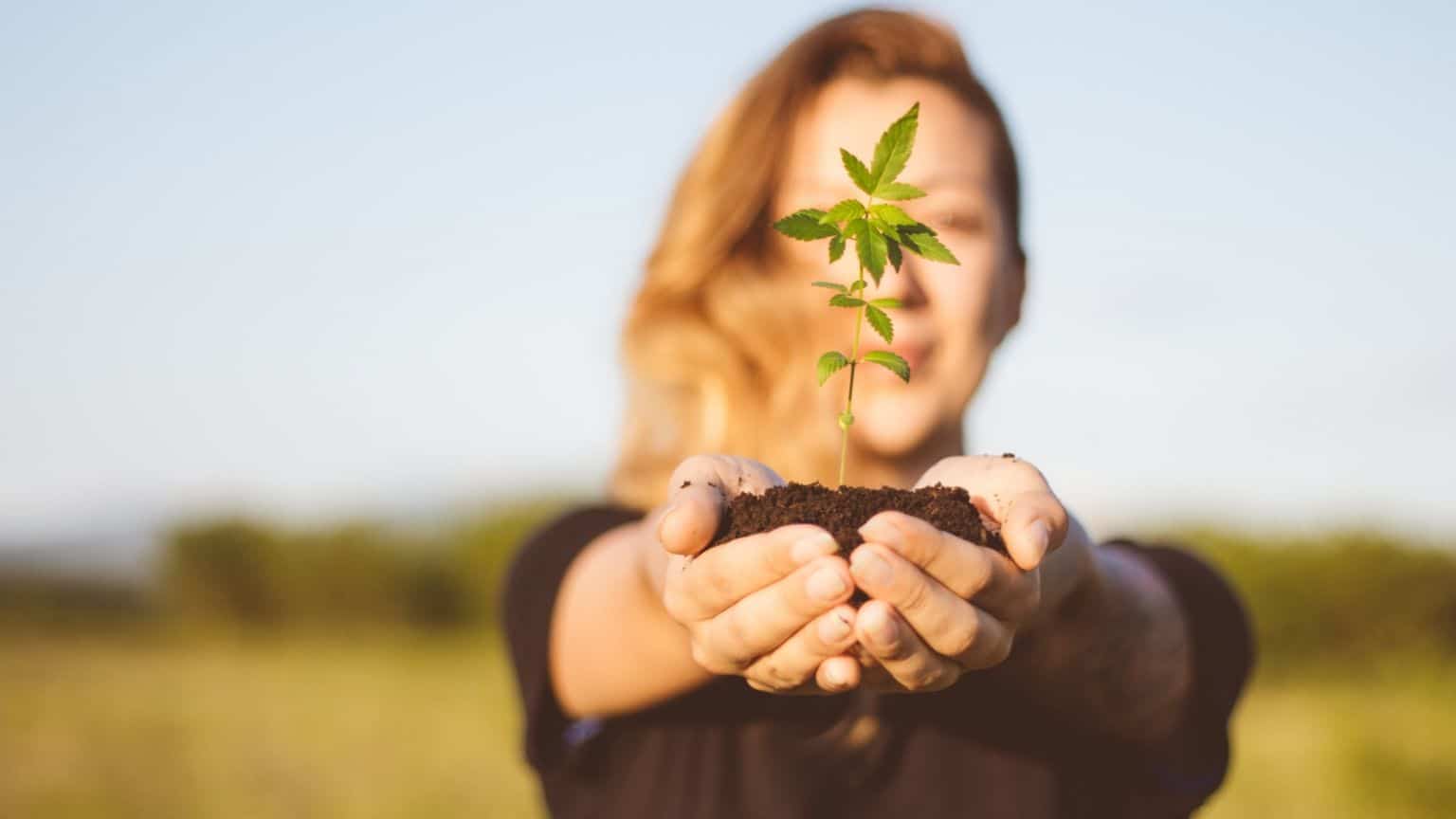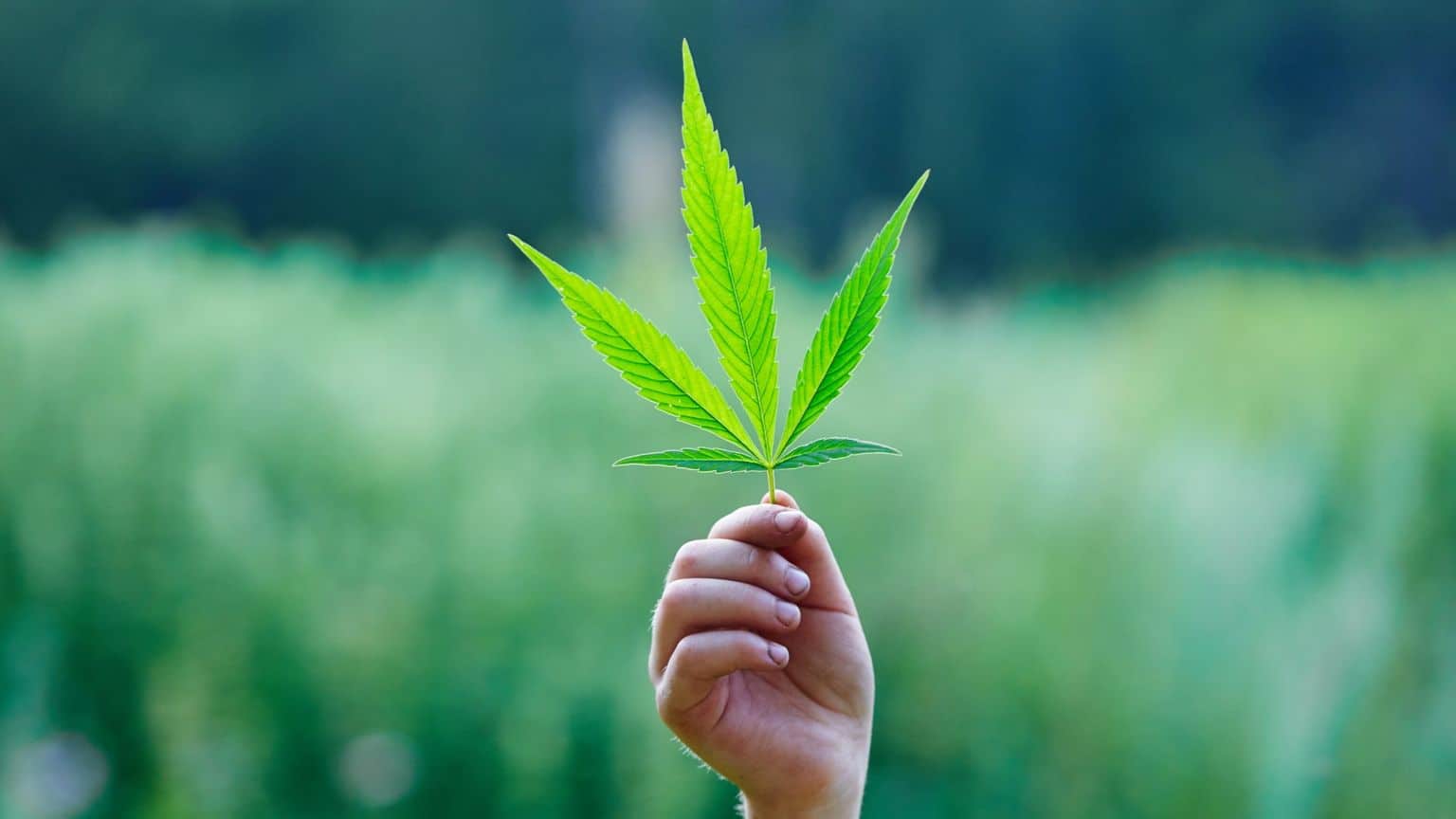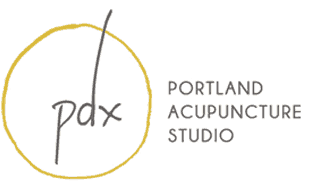
With more and more people using cannabis, whether for medical reasons or recreationally, it’s important to also understand how this can affect our hormones.
Cannabis on Reproduction and Pregnancy
While cannabis has been shown to be useful for treating pain, headaches or insomnia; there is a documented negative impact on reproduction and pregnancy, where it affects both mothers and babies developing in the womb.
THC found in marijuana and CBD from the hemp plant are two of the main cannabinoids we take into our bodies from the outside, but they act on the same receptors as our own endocannabinoids. Sometimes this can make for mixed signals.
Endocannabinoids are molecules our bodies produce in small amounts to act on receptors found in many different parts of our body. They regulate fertility, pregnancy, appetite, mood, memory, sensation of pain, energy balance, homeostasis (1.) and our immune responses.
As you can see, they have a very wide-ranging effect! They are also responsible for the “runner’s high” that results when endocannabinoids act on the reward center in the brain through the release of dopamine.
EFFECTS OF CANNABIS
One example is how THC raises the level of the hormone cortisol. For occasional users this can cause a rise in blood pressure and/or feelings of anxiety (2,3), but with more frequent use can result in a lower sex drive and an irregular menstrual cycle. This happens because the higher cortisol level from THC use overpowers her body’s responses to the day-to-day changes in her cortisol. (3,4)
THC also prevents the release of thyroid stimulating hormone (TSH). The more THC used, the more TSH is suppressed. This can lead to fatigue, weight gain, depression, cold intolerance, and again, a low libido and abnormal menstrual cycles. (5)
MARIJUANA AND FERTILITY

Also each month a surge of our own endocannabinoids is released in the ovary mid-cycle to trigger ovulation. If a woman is taking in more cannabinoids from THC or CBD this can interrupt her ovulatory surge. In one study smoking marijuana as little as 3 times a week was found to negatively affect ovulation. (6)
Without the release of an egg each month there is no chance for a pregnancy.
THC also interferes with the proper development of follicles in the ovary and prevents the conversion of pregnenolone into progesterone, the hormone necessary for maintaining a healthy pregnancy. (7)
In the fall of 2017 the American College of Obstetrician and Gynecologists Committee on Obstetric Practice recommended that pregnant women and women contemplating pregnancy should avoid marijuana use until more studies can be done.
Cannabis and MEN’S Fertility
In men, THC has been shown to decrease sperm count, reduce serum testosterone and LH levels, reduce sperm motility, and inhibit the processes needed to facilitate the sperms’ ability to achieve conception (8, 9).
Marijuana use by male partners has also been tied to an increased risk of miscarriage, possibly due to genetic issues. The effects of cannabis can lead to a decrease in fertility for both men and women, but fertility can return after stopping the use of cannabis products.
Researchers have found that the two main active cannabinoids, THC and CBD, interfere with energy production within the mitochondria of sperm. Men who smoke marijuana can have low numbers of sperm, as well as sperm that are poor swimmers. They may also be unable to penetrate their partner’s egg.
In a Danish study men who smoked marijuana more than once a week had a 28% lower sperm concentration than non-smokers. Adding in other recreational drugs reduced their counts even more, to as much as 52% lower. (9)
Cannabis and Pregnancy

Marijuana use during pregnancy can affect the health of not only the mother but the developing child, impacting their brain development. It has been linked to low birth weight babies, preterm labors and stillbirths. Researchers have concluded that “THC crosses the placental barrier, and current evidence indicates that prenatal cannabis use, especially during critical periods of brain development, places the developing child at risk for neuropsychiatric, behavioral, and substance abuse problems.”( 10.)
Developing babies are exposed to marijuana whenever their mom is exposed. This includes exposure to second-hand smoke. THC crosses the placenta and can be found in a baby’s urine for 2 to 3 weeks. At 1 year of age some of the children who had been exposed showed reduced motor development. Some infants had signs of sedation, weak muscle tone and poor sucking.
An increase was seen in pre-term labor for some women who used marijuana and babies were born with lower birth weights and small for their gestational age (smaller than normal on the growth scale). (11.,12.) Marijuana use during pregnancy may also be linked to an increased risk of heart defects and stillbirths. (13.) It also passes through breast milk so babies are exposed through nursing. (14., 13.)
Finally, CBD is linked to an increased risk of 1st trimester pregnancy loss by inhibiting cells in the placenta that are responsible for protecting the fetus from toxins. (15., 16.) This would be associated with biochemical pregnancies or early miscarriages. All in all, it would seem best that anyone attempting to become pregnant or who is currently pregnant avoid using CBD or THC products until more research can be done.
Established patients can schedule online, patients who haven’t seen us at Kwan Yin Healing Center call (503) 701-8766, or email us to schedule your appointment.
———————-
1). Steiner MA, Wotjak CT. Role of the endocannabinoid system in regulation of the hypothalamic-pituitary-adrenocortical axis. Prog Brain Res. (2008) 170:397–432. 10.1016/S0079-6123(08)00433-0 2) Hilliard CJ, et al. Endocannabinoid signaling and the hypothalamic-pituitary-adrenal axis. Compr Physiol. 2018;7: 1-15. 3) Ranganathan M, et al. The effects of cannabinoids on serum cortisol and prolactin in humans. Psychopharmacology. 2009;203:737-44. 4) Cservenka A, et al. Cannabis use and hypothalamic-pituitary-adrenal axis functioning in humans. Front. Psychiatry 2018;9:472. 5) Malhotra S, et al. Effect of cannabis use on thyroid function and autoimmunity. Thyroid. 2017;27:167-73. 6) Lifestyle and reproductive factors associated with follicular phase length. Jukic AM, Weinberg CR, Baird DD, Wilcox AJ. J Womens Health (Larchmt). 2007 Nov;16(9):1340-7. PMID: 18001191 7) Walker OS, et al. The role of the endocannabinoid system in female reproductive tissue. J Ovarian Res. 2019;12:3. 8) Kolodny RC, et al. Depression of plasma testosterone levels after chronic intensive marihuana use. N Engl J Med. 1974;290:872-4. 9) Gundersen TD, et al. Association between use of cannabis and male reproductive hormones and semen quality: a study among 1215 healthy young men. Am J Epidemiol. 2015;182:473-81. 10.) Velez ML, et al. Cannabis use disorders during perinatal period. In: cannabis use disorders. 2018:177-188. 11.) Marijuana Use in Pregnancy: A Review. Thompson R1, DeJong K2, Lo J3. 12.) Intrauterine cannabis exposure affects fetal growth trajectories: the Generation R Study. El Marroun H, Tiemeier H, Steegers EA, Jaddoe VW, Hofman A, Verhulst FC, van den Brink W, Huizink AC.J Am Acad Child Adolesc Psychiatry. 2009 Dec; 48(12):1173-81. 13.) Marijuana use in pregnancy and lactation: a review of the evidence. Metz TD, Stickrath EH.Am J Obstet Gynecol. 2015 Dec; 213(6):761-78. Epub 2015 May 15. 14.) Marijuana Use in Pregnancy: Concerns in an Evolving Era. Foeller ME, Lyell DJ.J Midwifery Womens Health. 2017 May; 62(3):363-367. Epub 2017 May 12. 15.) Feinshtein V, et al. Cannabidiol enhances xenobiotic permeability through the human placental barrier by direct inhibition of breast cancer resistance protein: an ex vivo study. AM J Obstet Gynecol. 2013;209(6):573.e1-573.e15. 16.) Habayeb OMH, et al. Expression of the endocannabinoid system in human first trimester placenta and its role in trophoblast proliferation. Endocrinology. 2008;149(10):5052-5060.




